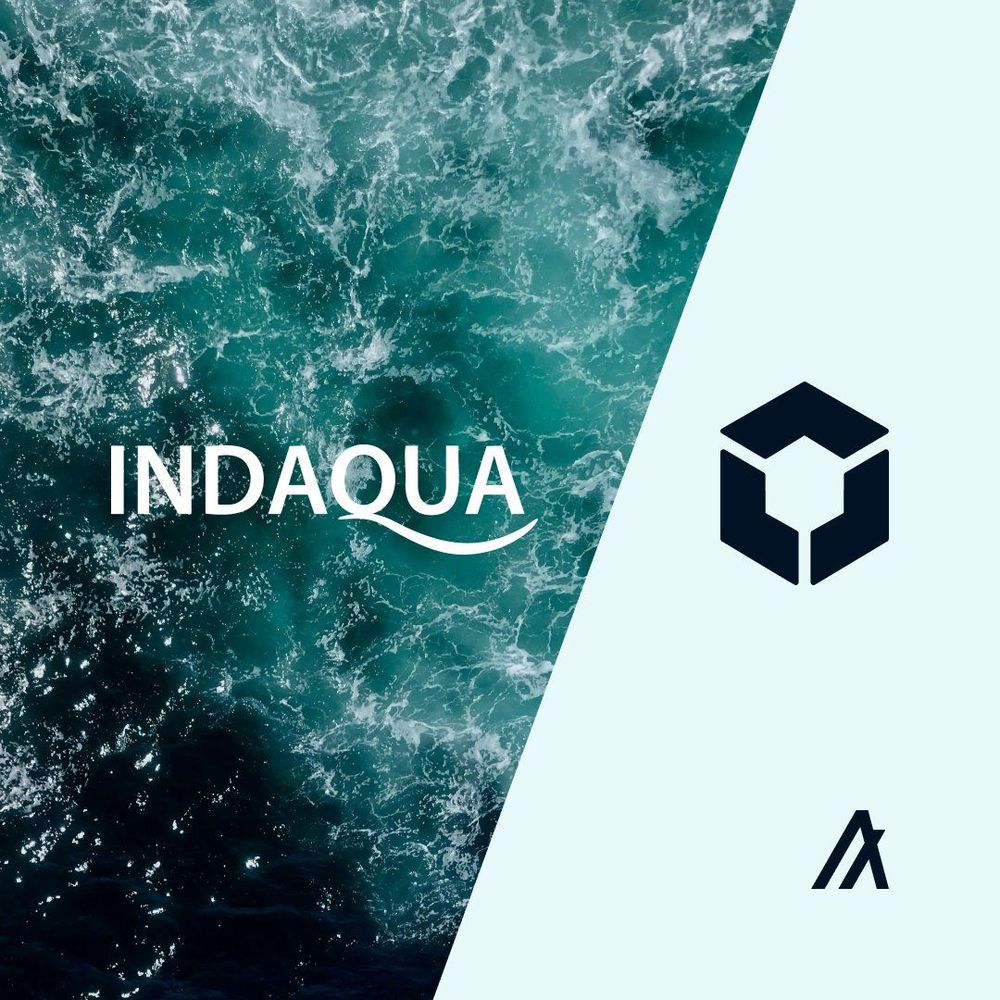Hypercube, WaterLab, and Algorand Use Tokenization to Tackle Global Water Crisis
💧 Can Tokenization Save the World’s Water? Hypercube, WaterLab, and Algorand Think So
From wastewater to tradable assets — two projects are betting blockchain can turn scarcity into opportunity.
📌 Quick Take
- Crisis alert: Global water demand to outstrip sustainable supply by 40% by 2030 (UN)
- Hypercube impact: 50M+ m³ of reclaimed water tokenized since April 2024
- WaterLab push: Desalination plants in the US, Nicaragua, and the Bahamas
- Crypto giving: 2.7M+ raised for water causes via The Giving Block
🌊 Blockchain Meets Water Scarcity
Earth’s surface may be 70% water, but only 2.5% is freshwater — and much less is drinkable. Enter Hypercube: reclaiming drinking water from wastewater, seawater, air, and deep aquifers, then tracking every cubic meter on Algorand’s blockchain.
Each verified output becomes a WTR token — a certified, tradable water credit. Companies can buy and “retire” these tokens to offset their water usage, with funds reinvested into more infrastructure. It’s climate impact you can audit on-chain.
🪙 Tokenizing Desalination & Infrastructure
WaterLab is taking a parallel approach: using tokenized credits to finance desalination plants. One token = a contract for one cubic meter of water. Buyers range from hedge funds seeking exposure to water markets, to on-the-ground users redeeming actual supply.
The upside? Infrastructure gets funded faster, even in regions with water scarcity and fragile water systems.
🤝 Community, Capital, and Credibility
Hypercube’s credibility playbook: partnerships with NGOs, auditing firms, and global stakeholders to ensure water credits are beyond greenwashing. On the grassroots side, crypto-native donors are stepping in — The Giving Block reports nearly half of recent water donations came in crypto.
🚧 The Roadblocks
Not everyone’s sold. Traditional water industry players still eye blockchain with suspicion. That’s why both Hypercube and WaterLab are working policymakers early, aiming for a future where tokenization runs in the background — invisible to end users, but powerful enough to reshape how the world trades and funds water.
TL;DR
Hypercube and WaterLab are using Algorand-powered tokenization to turn reclaimed and desalinated water into tradable assets. The goal: solve the water crisis by aligning environmental impact with investor returns — one cubic meter at a time.

Recent News
All Time High • Live
Have questions or want to collaborate? Reach us at: [email protected]










